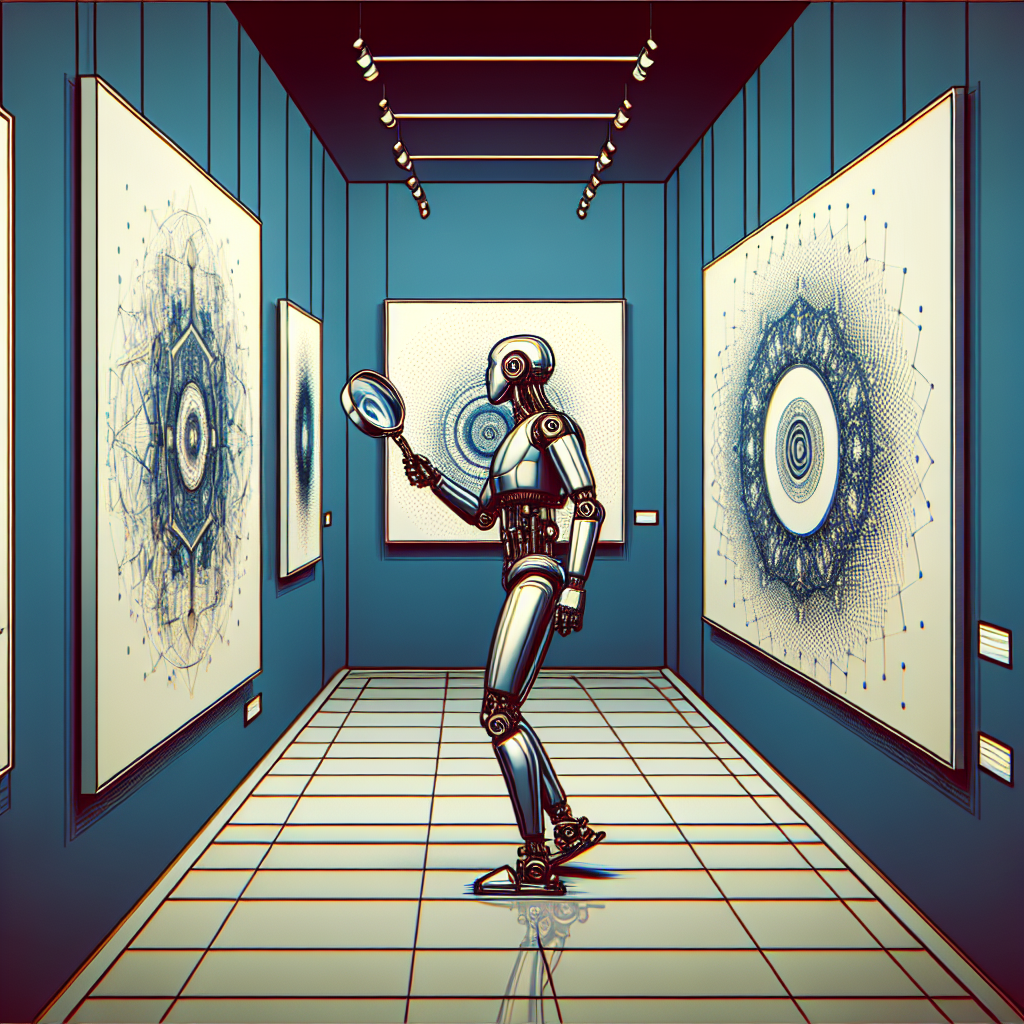With the rapid advancement of technology, artificial intelligence (AI) has become a prominent tool in various industries, including the art market. AI has revolutionized the way artwork is created, analyzed, and sold, leading to both excitement and concern within the art world.
One of the most significant impacts of AI on the art market is its role in creating artwork. AI algorithms can generate unique pieces of art based on input data, such as style, color palette, and subject matter. This has led to the emergence of AI-generated art, which has been met with both fascination and skepticism. Some view AI-generated art as a new form of creativity that pushes the boundaries of traditional art, while others question the authenticity and value of artwork created by machines.
In addition to creating art, AI is also reshaping how artwork is analyzed and evaluated. AI algorithms can analyze vast amounts of data to predict trends, identify emerging artists, and determine the potential value of artwork. This has enabled art collectors, galleries, and auction houses to make more informed decisions when buying and selling art. However, there are concerns that AI may homogenize the art market by favoring popular styles and artists, potentially stifling diversity and innovation.
Furthermore, AI is changing the way artwork is marketed and sold. Online platforms equipped with AI technology can personalize recommendations for art buyers based on their preferences and behavior. This has made it easier for collectors to discover new artists and artworks that align with their tastes. Additionally, AI-powered pricing algorithms can help galleries and auction houses determine the optimal price for artwork, leading to more efficient sales processes.
Despite the many benefits of AI in the art market, there are ethical and legal considerations that need to be addressed. For example, questions have been raised about copyright and ownership rights when it comes to AI-generated art. Additionally, concerns have been raised about the potential for AI to perpetuate biases and inequalities within the art world.
In conclusion, artificial intelligence is undoubtedly transforming the art market in profound ways. While AI has the potential to enhance creativity, efficiency, and accessibility within the art world, it is essential to approach its integration thoughtfully and ethically. By embracing AI as a tool for innovation and collaboration, the art market can continue to evolve and thrive in the digital age.


Leave a Reply